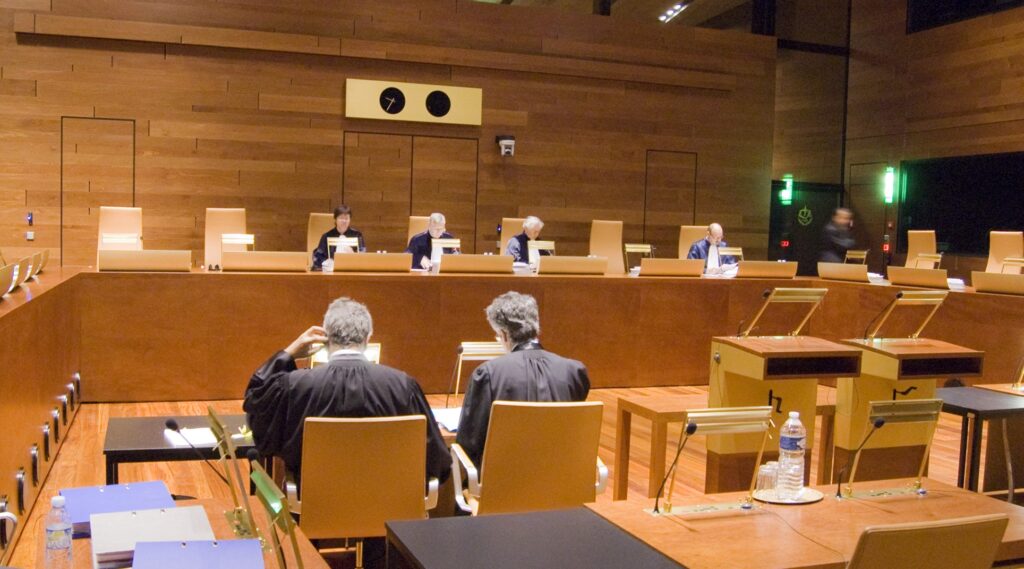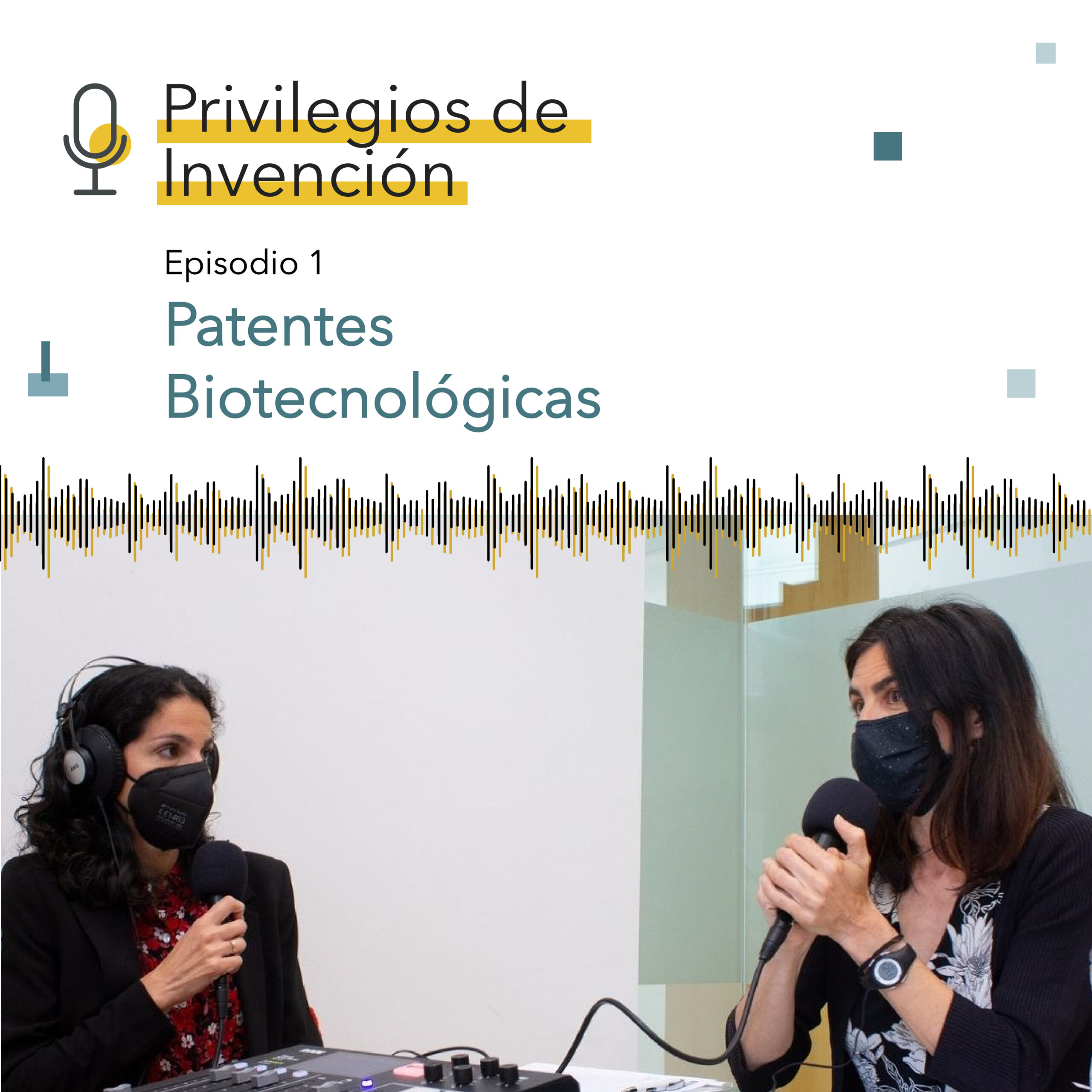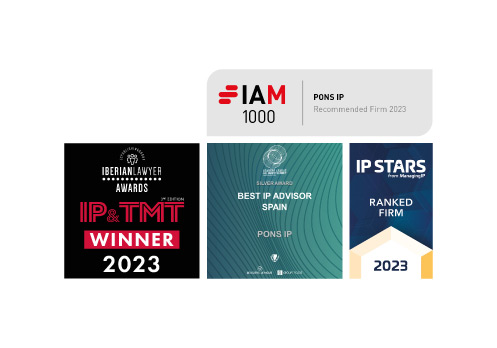The General Court of the European Union (EGC) recently issued two rulings dismissing the two appeals filed by Levantur, thereby confirming the invalidity of those trademarks registered by Levantur. This confirms the triumph of the Fantasía Hoteles hotel company, represented by PONS IP, which sought the invalidity of these trademarks before the EUIPO as they are incompatible with its previous trade name FANTASIA HOTELES.
In the dismissal of the appeal, the EGC thus confirms that the term “fantasía” present in the invalidated trademarks and in the previous trade name has distinctive character since it is not directly related to hotel services. This is deduced from the accepted dictionary definition of “fantasía”, or “fantasy” in English, which is related to the concept of imagination and for which reason it is not directly related to the services in question. Although the contested trademarks contain other elements, the EGC considers them to be elements that, due to their position and smaller size in the whole, have a lesser weight or are elements that are descriptive or weak. Specifically, as regards the “Bahía Príncipe” additional word element, a significant part of the relevant public will perceive it as an indication of the place, “bay” in English, where the hotel services are provided, thus giving it a weak distinctive character.
In both cases, in view of the term “fantasía”, common to the signs under dispute, and the elements that differentiate them, there is an average degree of conceptual similarity between said signs. The Court concludes that the relevant public would perceive this element as designating a group of hotels belonging to the group brought together under the term “fantasía”.
Given all these circumstances, it deduced that there was a likelihood of confusion that justified the invalidity of the disputed trademarks. It is important to highlight that this decision is especially relevant for cases in which the contested trademarks are made up of a plurality of word and figurative elements, in different positions and sizes. It is necessary to examine the distinctiveness and role of each element in the whole, as well as pay attention to the overall balance between the various constituent elements of the trademarks under dispute. In this case, the differences had a limited impact compared to the similarity of the “FANTASÍA” element, endowed with distinctive character for hotel services, which has been decisive in the assessment of likelihood of confusion”.
The administrative process before the EUIPO, key to success in the case
To understand the legal dimension of the case, we must go back to its origin and the registration phase before the European Trademark Office (EUIPO), where the strategy proposed by PONS IP attorneys was key to the final decision made by the EGC in favour of Fantasía Hoteles. In fact, Levantur’s trademark registration application was based on two earlier rights of our client, the FANTASIA HOTELES trade name and the ![]() , national trademark, both in class 43 . The proprietor of the contested trademarks requested proof of use of the earlier rights. In response to this request, PONS IP submitted several pieces of evidence to the Cancellation Division, which ultimately determined that they were insufficient to prove use, and for this reason it dismissed the invalidity without comparing the trademarks.
, national trademark, both in class 43 . The proprietor of the contested trademarks requested proof of use of the earlier rights. In response to this request, PONS IP submitted several pieces of evidence to the Cancellation Division, which ultimately determined that they were insufficient to prove use, and for this reason it dismissed the invalidity without comparing the trademarks.
In view of this resolution dismissing the invalidity, an appeal was filed before the EUIPO Board of Appeal, a proceeding led by Alejandro Betancourt from the PONS IP Trademark and Brand Intelligence Area, aiming to reverse the initial unfavourable decision. Finally, after providing additional evidence, the Board of Appeal considered the FANTASÍA HOTELES trade name to be proven.
When comparing trademarks, the EUIPO determined that in both cases “FANTASÍA” is a term endowed with distinctiveness for hotel services, while the remaining elements of the contested trademarks are either descriptive or weak, or due to their position and smaller size in the whole, have a lesser weight. Specifically, as regards the “bahia principe” additional word element, a significant part of the relevant public will perceive it as an indication of the place, “bay” in English, where the hotel services are provided, thus giving it a weak distinctive character. Therefore, the likelihood of confusion with the FANTASÍA HOTELES previous trade name was confirmed in both cases and the trademarks were declared invalid.
In short, PONS IP successfully ensured that the EUIPO upheld the appeal, thus invalidating the trademarks owned by Levantur which had been registered by the hotel giant.
The opposing party, having its two trademarks invalidated, files two appeals before the General Court of the European Union. After the written procedure, the Court agreed to hold an oral hearing in Luxembourg, attended by the appellant Levantur S.A., the EUIPO and the intervening party Fantasía Hoteles & Resorts S.L., represented by PONS IP and with the legal assistance of Jorge Vicente, industrial property attorney in the Litigation Area together with José Carlos Erdozain, of PONS IP Counsel. Finally, on 10 January, the EGC issued the two rulings, dismissing Levantur’s appeals, confirming our victory by confirming the invalidity of both trademarks as they are incompatible with its previous trade name.
Next, we analyse two relevant issues that played a fundamental role in the legal conflict and its final resolution: evidence of use and the likelihood of confusion.
Regarding the evidence of use, at PONS IP we emphasise that:
- The evidence that PONS IP submitted for the first time before the EUIPO Board of Appeal was admissible, as it was supplementary evidence to that provided before the Cancellation Division. The EGC confirms that the evidence subsequently provided before the Board of Appeal was relevant and that there were valid reasons justifying its submission at that stage of the proceedings before the EUIPO, since it was intended to supplement the evidence of use already filed.
- Since the Cancellation Division criticised the evidence submitted before it due, in particular, to its insufficiency relating to the extent of use of the previous trade name, additional evidence could be provided before the Board of Appeal to respond to such criticisms, as the Board rightly concluded.
- Therefore, the Board of Appeal correctly found that the first condition for the application of Article 8(4) of Regulation No. 207/2009, namely that relating to the use of the previous trade name in the course of trade, was met.
- Secondly, as regards the significance of the previous trade name, the Board of Appeal was correct to hold that the previous trade name was of more than mere local significance.
- Taking into account all the foregoing considerations with regard to the second plea raised by the appellant, the Board of Appeal rightly held that the conditions for the application of Article 8(4) of Regulation No. 207/2009 were met.
As for the likelihood of confusion, it is important to note the following criteria set forth by the General Court of the European Union:
- The EGC confirms that the term “fantasía” present in the invalidated trademarks and in the previous trade name has distinctive character since it is not directly related to hotel services. This is deduced from the accepted dictionary definition of “fantasía”, or “fantasy” in English, which is related to the concept of imagination and for which reason it is not directly related to the services in question.
- In both cases, in view of the term “fantasía”, common to the signs under dispute, and the elements that differentiate them, there is an average degree of conceptual similarity between said signs.
- The Court concludes that the relevant public would perceive this element as designating a group of hotels belonging to the group brought together under the term “fantasía”. Given all these circumstances, it deduced that there was a likelihood of confusion that justified the invalidity of the disputed trademarks.
In the opinion of PONS IP attorney, Jorge Vicente, “this case is of utmost interest for cases in which the contested trademarks are made up of a plurality of word and figurative elements, in different positions and sizes. It is necessary to examine the distinctiveness and role of each element in the whole, as well as pay attention to the overall balance between the various constituent elements of the trademarks under dispute. In this case, the differences had a limited impact compared to the similarity of the “FANTASÍA” element, endowed with distinctive character for hotel services, which has been decisive in the assessment of likelihood of confusion”.




